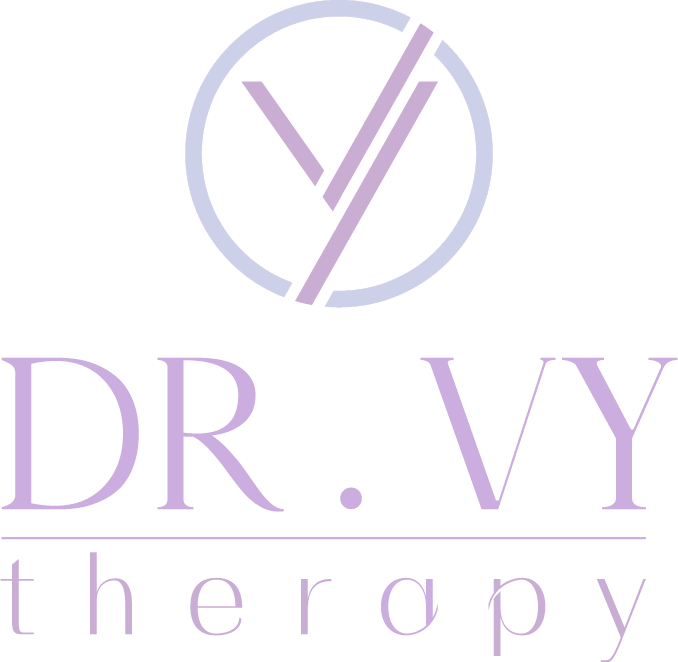Cultural Humility & Inclusion Statement
Commitment to inclusive care.
My Lived Experiences
As an Asian American woman, daughter of non-English speaking immigrants, and a first-generation college student from a low-income background, I know firsthand how these experiences can shape the challenges people face. I also recognize the places where I hold privilege, power & proximity, and bias, and I take responsibility for naming and examining them.
what you can expect
I don’t claim to have all the answers, and I never will, nor will I ever be a perfect human and get it right all the time. Quite honestly, there are lots of ways I can be better.
What I do promise is a commitment to ongoing learning, humility, and growth. I see cultural competence as a lifelong practice, one that requires curiosity, openness, and accountability.
My commitments
Therapy is not one-size-fits-all. Your values, culture, and worldview matter. In my practice:
I stand against racism, sexism, homophobia, transphobia, ableism, and other forms of discrimination.
I commit to ongoing learning, reflection, and accountability.
I create a space where your story is honored, your identity is respected, and your dignity is central to our work.
My Training & Research
My training, research, and education have deepened my knowledge, awareness, and skills. For my dissertation, I interviewed a wide range of multiculturally competent and humble therapists to expand the field’s understanding of how to provide meaningful care across identities and experiences.
In collaboration with my esteemed colleagues, we have published multiple Major Contributions in the top journal of the field, The Counseling Psychologist, regarding these topics.
Dr. Charles “Chuck” Ridley
My advisor, Dr. Ridley, has trained me to rethink multicultural counseling competence and incorporate diverse and cultural factors within the profession.
I’ve learned how to balance science with compassion so clients feel seen, understood, and supported.
Beyond the five academic years as his doctoral advisee, personally, he taught me the importance of embracing imperfection, a value I now carry into my work with clients.
I'm so grateful to have him guide me through my doctoral training.

